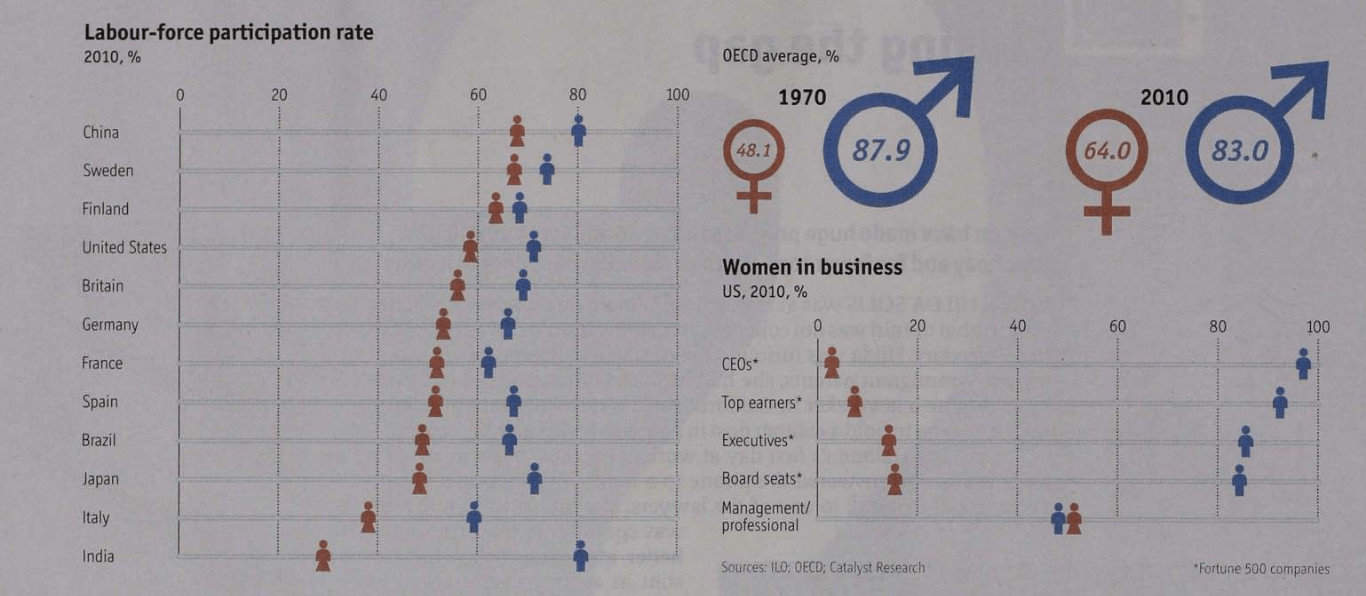│ By Chloe Villalon, Gale Ambassador at the National University of Ireland Galway │
With a new decade just around the corner, can we say feminism is a thing of the past? Between the continuing gender pay gap, difficulty accessing senior positions and the continued abuse of women’s rights in many other areas, it seems that women still have things to fight for. Whilst it is obvious that women are treated differently from men, the questions I want to ask are: why is that? And what can be done about it? In this blog post I’m going to examine why feminism is still very much necessary, even as we enter the third decade of the twenty-first century.
One step forward, two steps back
Progress is not a linear process, a university professor once said to me. I tend to agree with him, especially when looking at gender equality. Twenty-nine years ago the first female president of Ireland, Mary Robinson, was sworn in. While it may have been, as Edward Gorman wrote, “a milestone on the way to a more open, pluralist and modern Irish society”, one cannot forget that the ban on abortion remained in the Irish Constitution for the next twenty-eight years, only removed after the 2018 referendum.
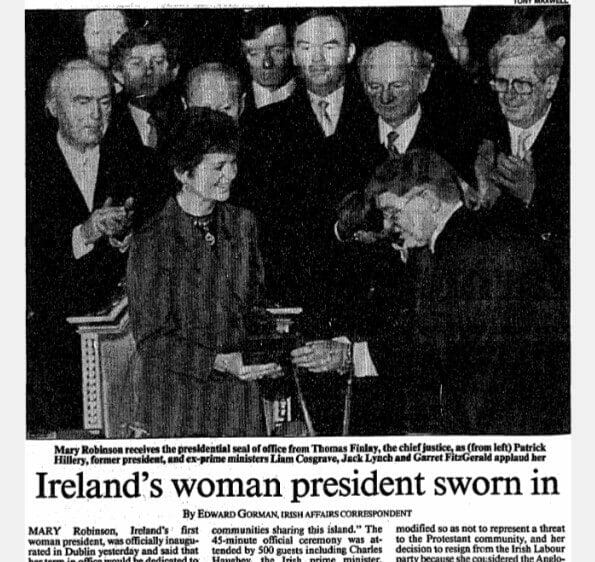
Our society is full of these paradoxical situations, with women being given a bit of power in one area, only to see the move towards equality stagnate elsewhere – and in some cases even the removal of rights they previously held.
That many nations around the world have come a long way is an understatement. All the rights women have won have led to increasingly equal societies. But one can also observe regression. In 2011, for example, The Economist published an article describing how Erdogan, Turkey’s Prime Minister, called for women to have at least three children and to stay at home to raise them. The old view that women should stay at home is often dragged out and advocated by those who feel equality for women will mean less rights for men.
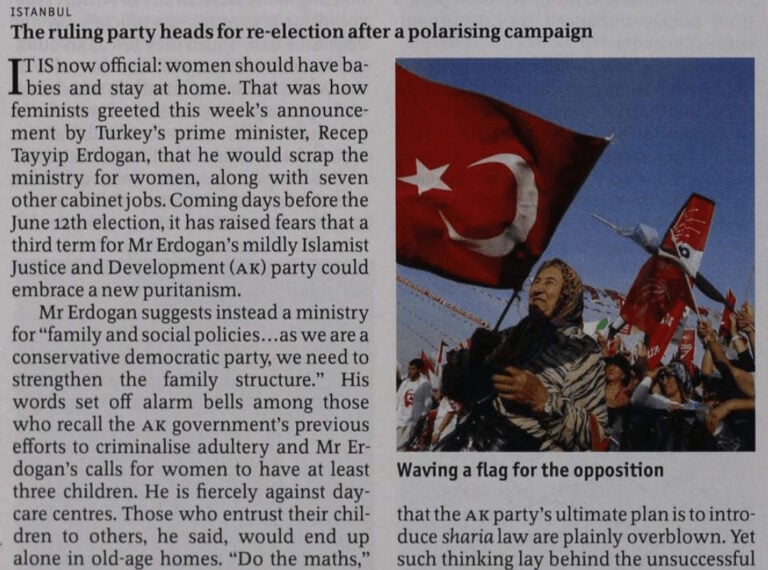
It is very depressing for those who grew up thinking women were now in charge of their own decisions, body and destiny to once again see lawmakers walking all over women’s rights, tightening the laws on abortion and cutting the funding of Planned Parenthood (an American non-profit organisation that provides reproductive healthcare). The surge of far-right movements in the US and in Europe who promote these kind of ideas is truly worrying. One can only hope they are just bumps in the road to progress.
Women start working for free in November
At the root of these regressive campaigns and policies is the deeply anchored belief that it is a woman’s role to take care of the family home and of her children. (Men have children too, of course, but somehow that doesn’t keep them from accessing senior positions!) The resulting inequality appears in many places, in many forms: realising your male colleague is paid more than you are when you do the same job and have the same qualifications (according to the European commission, the average pay gap in Europe is 16%) … the impossibility to advance in your career because you are a mother, or because you are assumed to become one … the question that comes up in interviews, one that male applicants are never asked, “Are you planning on having children?”. Women face many types of injustice, but in my opinion employment inequality is one of the most pernicious. This is a violence that leaves no mark, no bruises. But what it does is convince women, each time a little bit more, that they’re less capable and of less value than men.
As explained in The Economist’s Special Report ‘Closing the Gap’, women in the 1990s saw many doors opening to them and a decrease in the gender pay gap, but are now frustrated to find getting to senior positions remains just as difficult – even though studies have shown that having women in senior positions in companies is positively correlated with better performance and possibly higher profits.
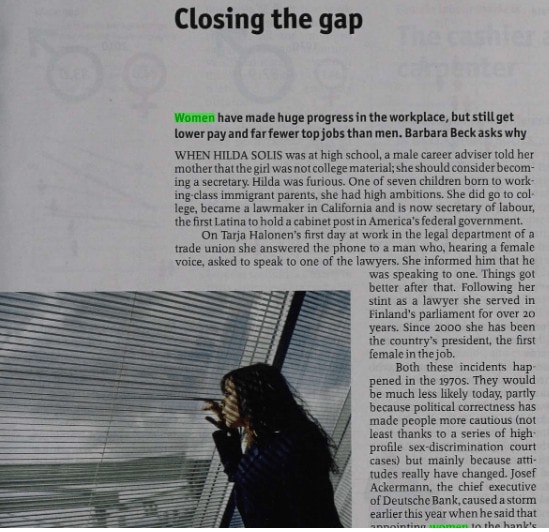
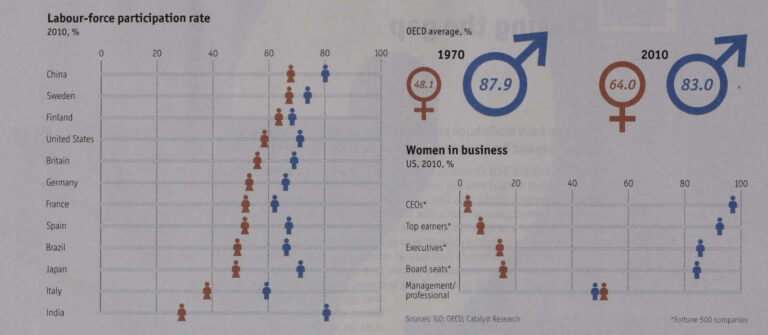
Men have a role to play in creating a gender-equal society
So, how can this problem be addressed? Some countries have introduced new laws against gender discrimination, others aiming at reducing the wage gap. One must argue, however, that this is a useless effort unless accompanied by a change in mentality. Equality on paper means nothing; factual equality is what matters. The right to vote gave women the possibility to choose who would rule them, but the right to lead must also be taken up. Women must become decision-makers and play an active role in solving the problem. Indeed, no one is better qualified to understand the violence faced by women and to implement change than women themselves.
Men do have a role to play, however, of both a mental and physical nature: accepting change and taking more responsibility in the home. And who knows, they might enjoy it so much that they become stay-at-home dads! As one stockbroker turned stay-at-home dad wrote in the Times, “looking after my daughter made me realise that nothing is more valuable than shaping another person in the world.”
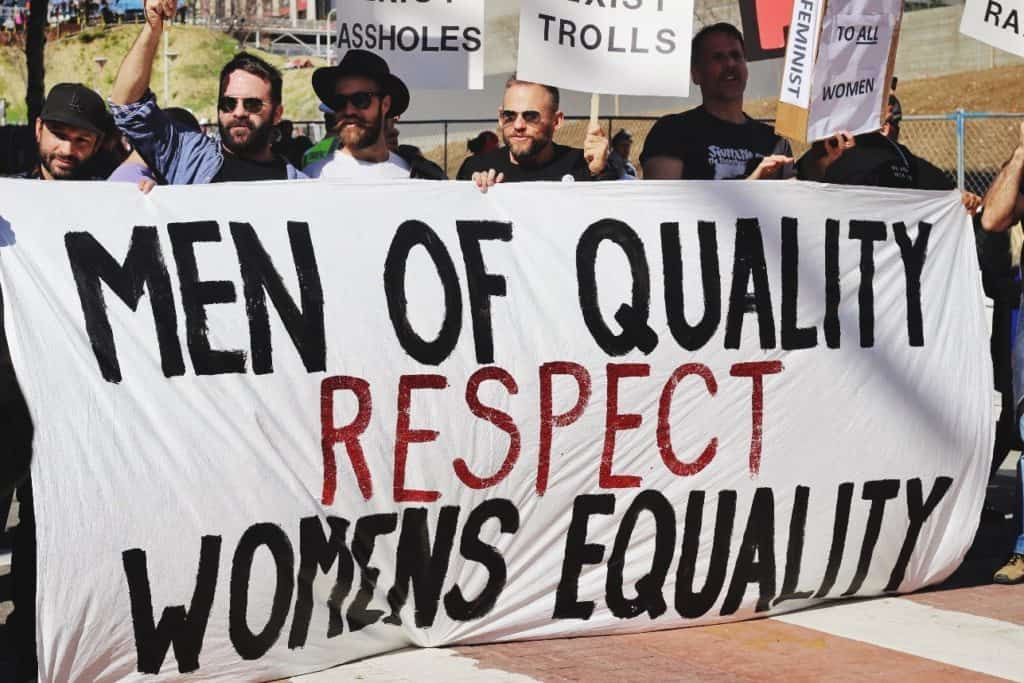
Interested in reading more about gender equality in the Gale Primary Sources archives? Check out this post by a Gale Ambassador at the University of Birmingham: ‘A Male Contraceptive Pill – could this bring greater gender equality?‘ or click the tag ‘feminism’ below.
Blog post cover image citation: “Closing the gap.” Economist, 26 Nov. 2011, p. 3+. The Economist Historical Archive, http://tinyurl.gale.com/tinyurl/C7hA30

